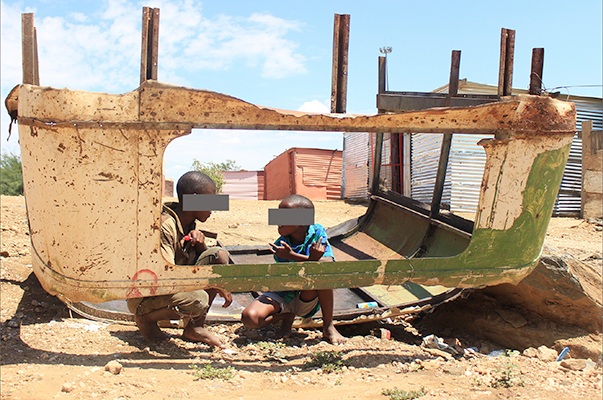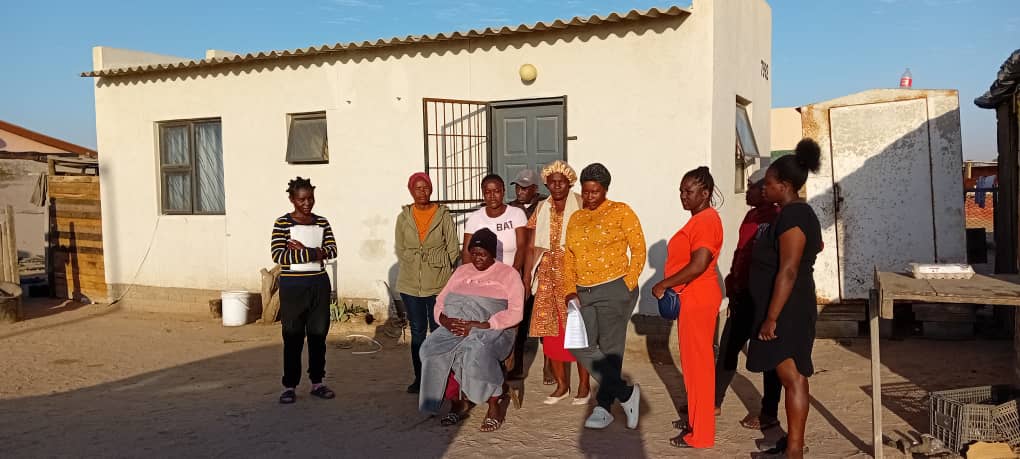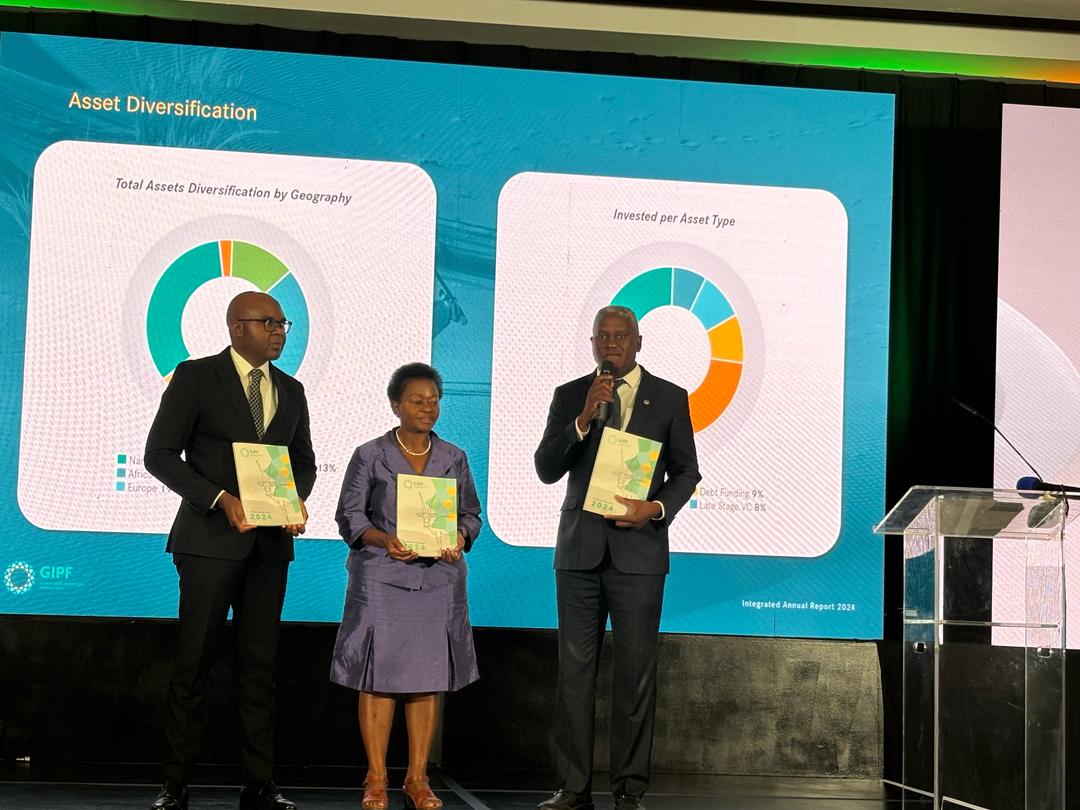WHEN an 11-year-old boy turned up at her doorstep last year, a Windhoek mother took pity and offered the child a place to stay.
The boy, the woman who declined to be named said, told her that his parents had abandoned him.
She, however, traced the parents, and the boy was taken back, only to run away again early this year.
According to the woman, the boy lured her son to join him on the streets, and beg for food and money.
The boy, now aged 12, was one of two boys – the other aged 10 – who were dropped off at The Namibian newspaper’s offices this week by a concerned man who had seen the children sleeping at a shopping centre in Khomasdal.
“They told me they are brothers, that their mother allegedly abandoned them when they were younger, and that they do not know where their father lives,” the man told The Namibian.
“We don’t know where our father is. Our mother ran away, and we are starving,” the 12-year-old said, with the 10-year-old nodding in agreement.
The boys said they remembered where they used to live before they started sleeping on the streets late last year. To prove the authenticity of their story, accompanied them to Babylon.
After a few other stops, it turned out the boys were telling long tales, and were not even brothers. It also turned out that the 12-year-old boy is a serial run-away case, and had managed to get the 10-year-old to join him in his escapades.
The gender equality ministry’s public relations officer, Walter Kamaya, said the ministry is aware of children influencing others to join them in begging and living on the streets.
Kamaya pointed out that the ministry has in the past dealt with a common occurrence of children from the Omaheke region, especially Gobabis, who would come to beg and live on Windhoek’s streets.
The spokesperson stated that a number of the children on the streets “willingly run away from home” because they are told by others that it is easy to make a quick buck on the streets.
He said they have noticed that most of these children move in groups of four, who then at the end of the day put their daily collections together and buy drugs, alcohol and some food, but mostly drugs and alcohol.
“They tell their peers who may be in school that there is a quick buck to be made on the streets. They make at least N$100 to N$200 a day, which they then live from,” Kamaya said.
He added that the children recruit others by discouraging them from continuing schooling. The children tell the others that even if they finish school, they may still end up unemployed, hence it’s best to beg and live on the streets.
While some children run away from homes, Kamaya said there are also those who are sent out or encouraged by parents to beg on the streets, and take the money home to cater for the household.
The spokesperson added that while there are some factors involved in children ending up on the street and dragging others along, the biggest contributing factor is a broken home, where homecare is not up to standard.
He added that it is easy for children from these broken homes to be influenced by others to join them on the streets with a promise of better living.
Psychologist Barbara Kamba-Nyathi raised peer pressure, idolising, and an unhealthy relationship with parents as factors which make it easy for children to be influenced by others to live on the streets.
“The person influencing them may be someone they look up to, while the home environment may not be well,” she said.
Kamba-Nyathi added that the children are also convinced by others to run away from home and live on the streets with the promise of financial freedom, living free of rules.
“They are given this perception of financial freedom because they don’t have to explain the money they get, or have someone dictate how they have to use it,” the psychologist said.
While pointing out that the use of drugs and alcohol is also a pulling factor to join life on the streets, society may likewise play a role in perpetuating the problem by constantly giving these children money.
Noting that some children come from difficult homes, Kamba-Nyathi said parents could prevent their children from being lured to the streets by others by having open and authentic communication with the children, and by being aware of the activities their children engage in.
City police chief Abraham Kanime said they have dealt with some cases of children running away from their parents after they were influenced by others.
“We have children from Katutura, but most of them we encounter are from Mariental and Gobabis,” he stated.
The police chief said they usually involve stakeholders such as the health and gender equality ministries to attend to the children on the streets.
Stay informed with The Namibian – your source for credible journalism. Get in-depth reporting and opinions for
only N$85 a month. Invest in journalism, invest in democracy –
Subscribe Now!










